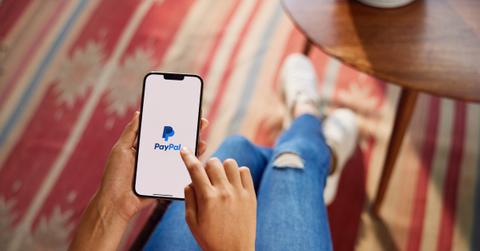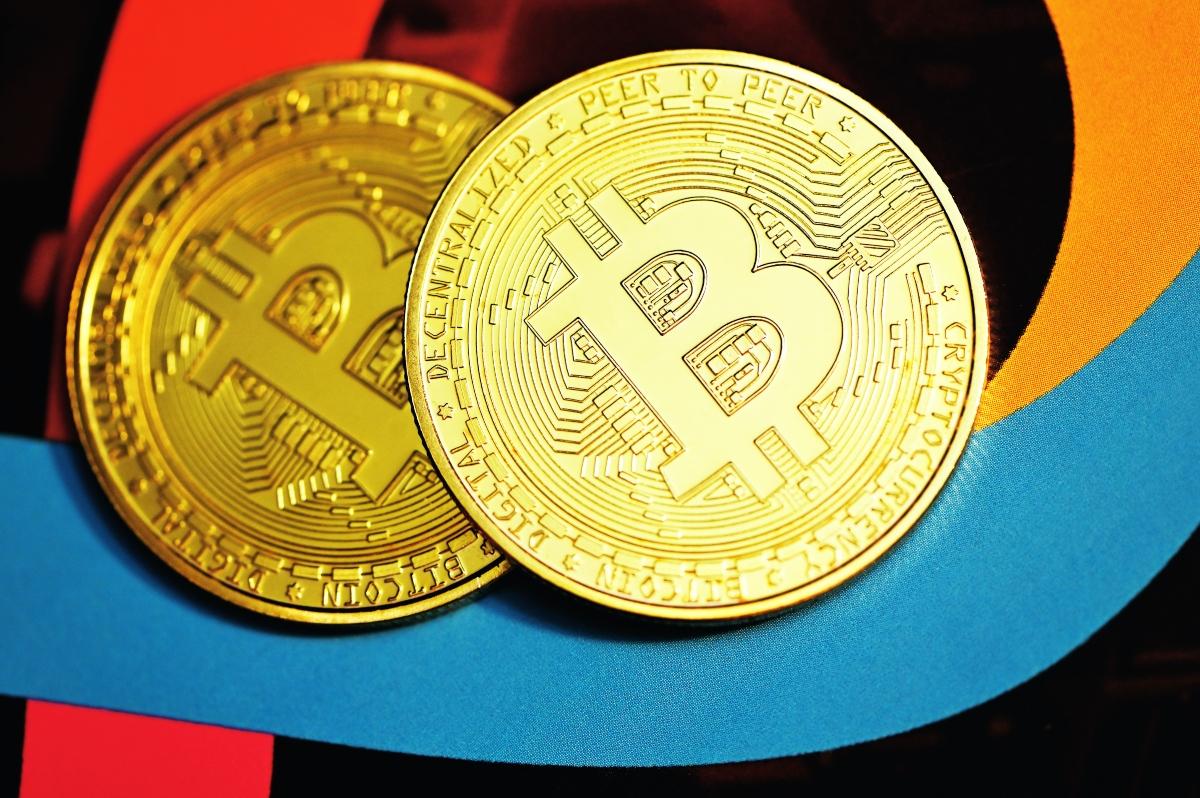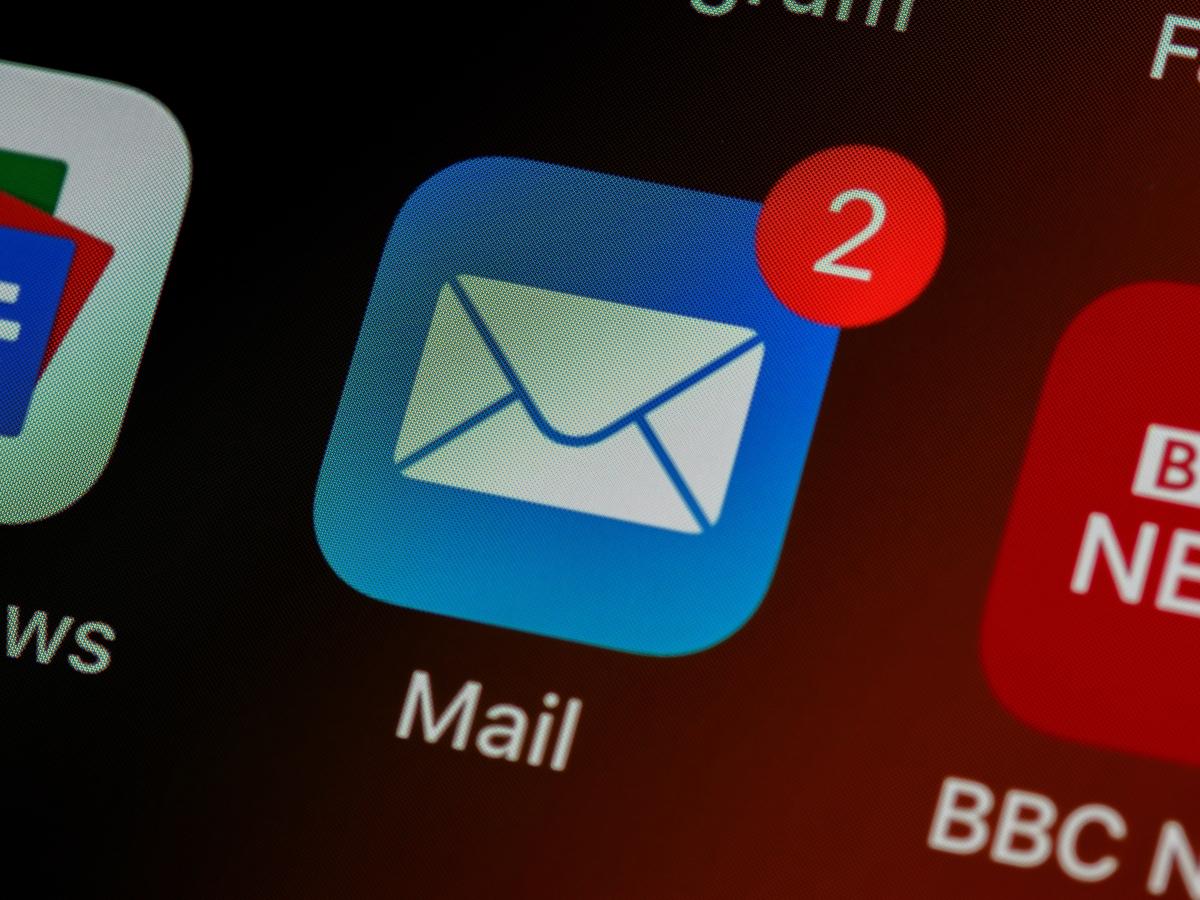Protect Yourself From This Bitcoin Exchange PayPal Invoice Scam
A new phishing scam is using PayPal to trick people out of their money. Here's what to know about the Bitcoin Exchange PayPal invoice scam.
Oct. 20 2022, Published 9:50 a.m. ET
You may want to watch out for another phishing scam. People who use PayPal may recognize the emails claiming they contain an invoice from Bitcoin Exchange.
Over the past several months, a new Bitcoin Exchange PayPal invoice scam has surfaced, causing individuals to be scammed out of their money.
Although phishing is nothing new for scammers, it's important that you protect yourself.
Here’s what you need to know about the latest Bitcoin Exchange PayPal invoice scam to avoid becoming a victim.
How are scammers getting people's information in the Bitcoin Exchange PayPal phishing scam?

PayPal, which has been involved in numerous scams before, is now part of a scam involving Bitcoin and a false invoice. People have been reporting emails with a subject line reading, “Invoice from Bitcoin Exchange.”
Although PayPal may be the real platform on which these invoices and emails were created, PayPal has nothing to do with them. Scammers make these emails in order to trick people into clicking a link, which leads to sharing personal details.
The Bitcoin Exchange PayPal invoice scam is an example of phishing.
Phishing is the strategy of sending an email or text message in order to convince people to give out their personal and financial information. Metaverse phishing scams, Amazon-related phishing emails, and even USPS tracking text scams are on the rise.
People fall prey to this method because the email usually either shares good information (such as winning a giveaway) or bad information (such as fraud).
The recent scam has typically stated that the person made a Bitcoin transaction using PayPal for about $499.
How does the scam catch you? The email states that you should view the attached invoice and then call if you have a dispute. So of course, if you didn’t make any such transaction, you’d think you need to address this fraudulent charge immediately.
ABC15 News in Arizona reported a similar scam in July. When people call the number, they’re convinced to share their banking information so the company can refund the supposed charge.
However, they then have access to steal even more money.
Follow these FTC guidelines to avoid phishing scams.
The FTC explains that often scammers send emails or text messages that appear to come from a company you likely already use, such as PayPal or a credit card company.
These are common signs of a phishing message:
Mention of suspicious activity on your account
Saying you need to confirm financial information
Including an invoice you don’t recognize
Offering free things or a refund
You can try to ward off these types of scams by enabling multi-factor authentication, using security software on your phone and laptop, and backing up your data often.
One key guideline to avoid being a scam victim is to never click on any links within an email or text message, especially if you don’t know who really sent it. If you think the information may be legitimate, look up the company’s website or phone number yourself and contact them (don’t use the provided link).
Here's how to report suspected phishing attacks:
To help the FTC fight these scams, report any suspected phishing messages. File a report at ReportFraud.ftc.gov.
Phishing email: forward it to the Anti-Phishing Working Group at reportphishing@apwg.org.
Phishing text: forward to SPAM (7226).



